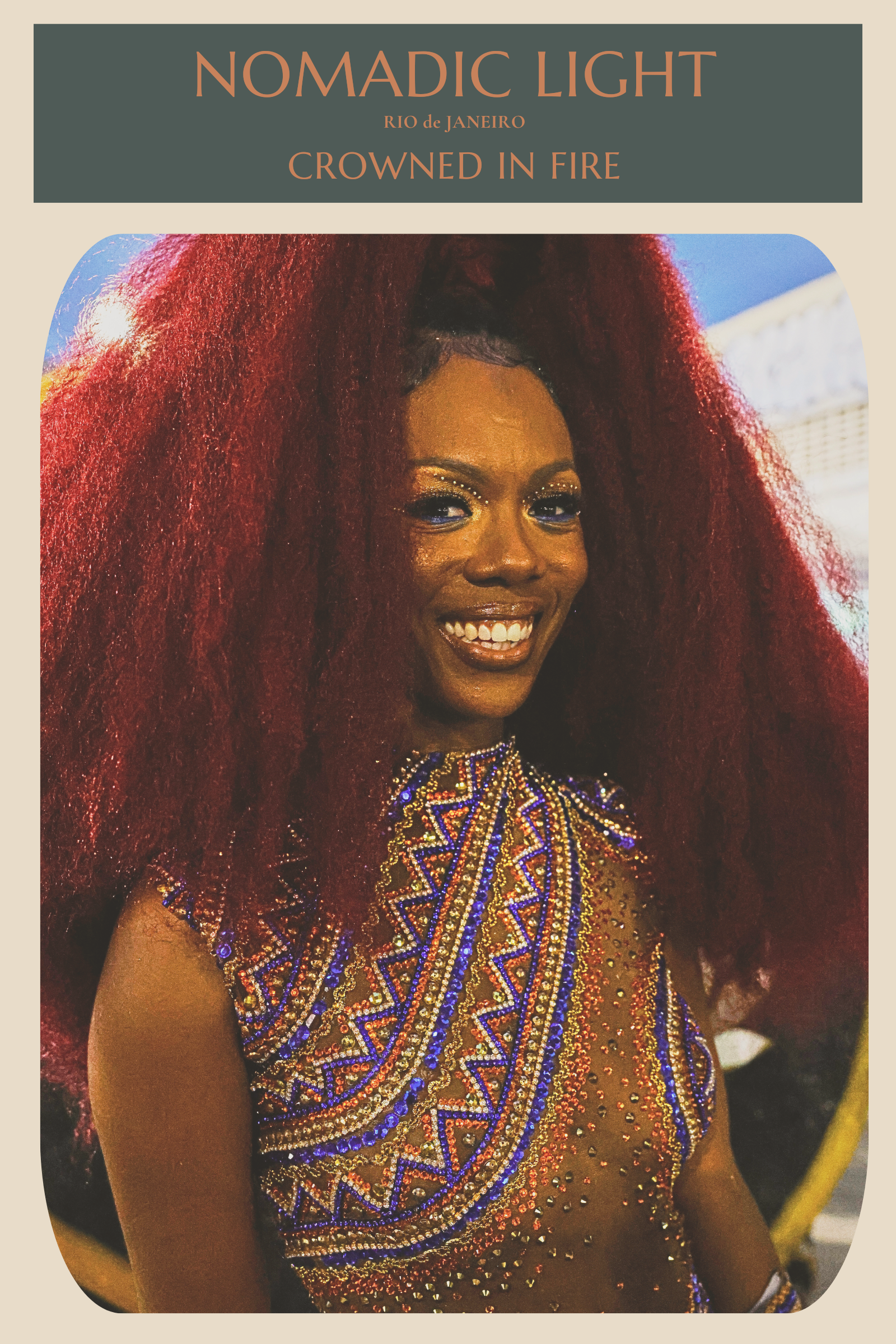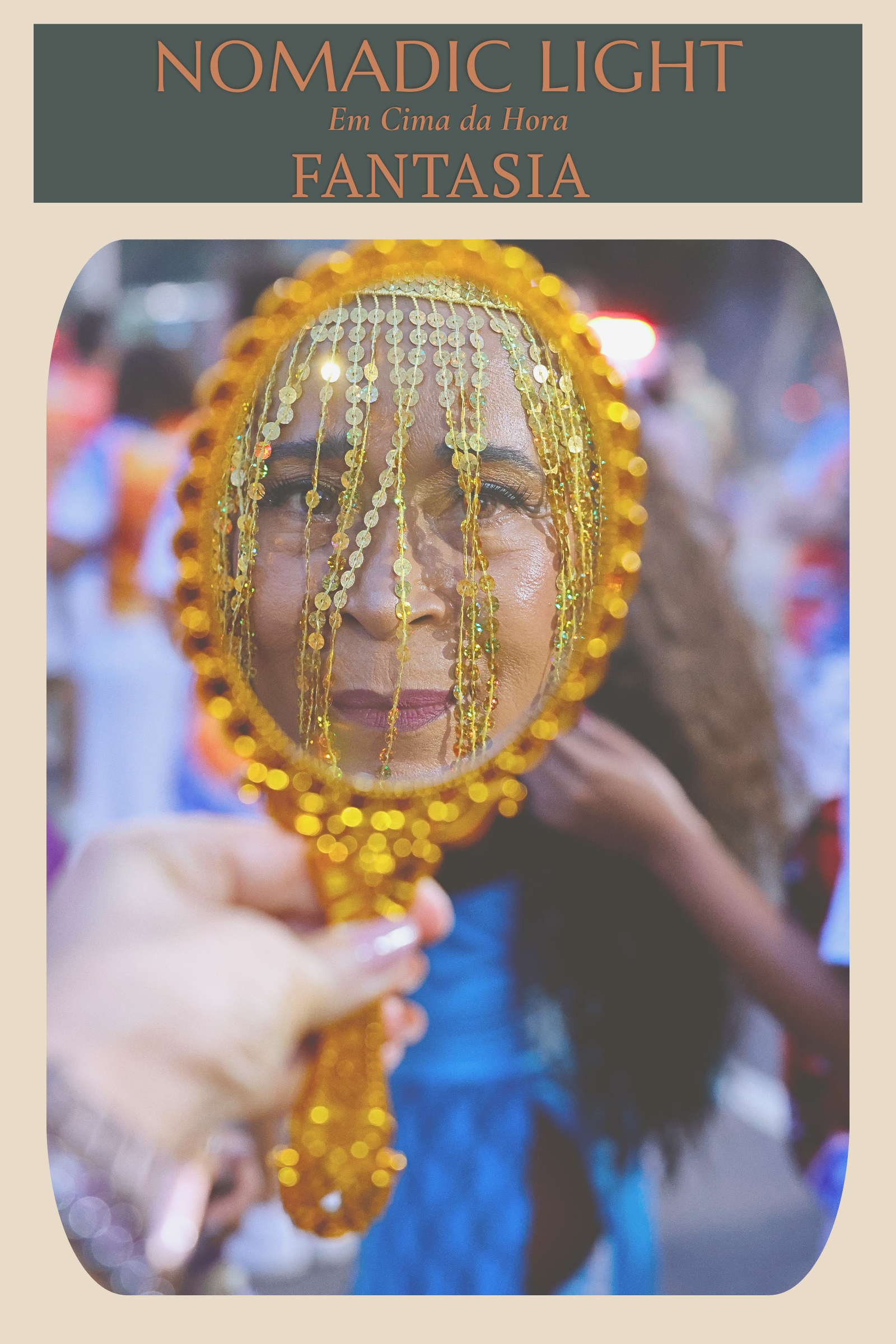A land of rhythm, resistance, and reverence.

BRAZIL
Where Carnival is Born
RIO DE JANEIRO

The Origins of Carnival in Brazil
Carnival in Brazil is rooted in both European and African traditions. Its origins trace back to the Portuguese colonial period in the 17th century, when settlers brought the festival of Entrudo, a pre-Lenten celebration marked by music, dancing, and playful street games before the fasting season of Lent.
Over time, these European customs merged with the cultural expressions of enslaved Africans, who brought rhythms, instruments, and dances from their homelands. The meeting of Catholic traditions and African heritage gave rise to new forms of music and movement, especially the samba, which became the heartbeat of Brazilian Carnival.
By the early 20th century, organized street parades had evolved into the samba schools (escolas de samba) we know today — community-based groups that create elaborate processions of music, costumes, and allegorical floats. These schools are not only artistic institutions but also symbols of identity, resilience, and social gathering, particularly in working-class neighborhoods of Rio de Janeiro.
Carnival therefore exists in Brazil as both a religious legacy — the last celebration before Lent — and a cultural fusion that honors African, Indigenous, and European influences. Today, it is the largest popular festival in the country, a moment when art, community, and history merge into a shared national spectacle recognized worldwide.
INOCENTES BELFORD ROXO

em cima da hora
BEIJA FLOR
manguiera











